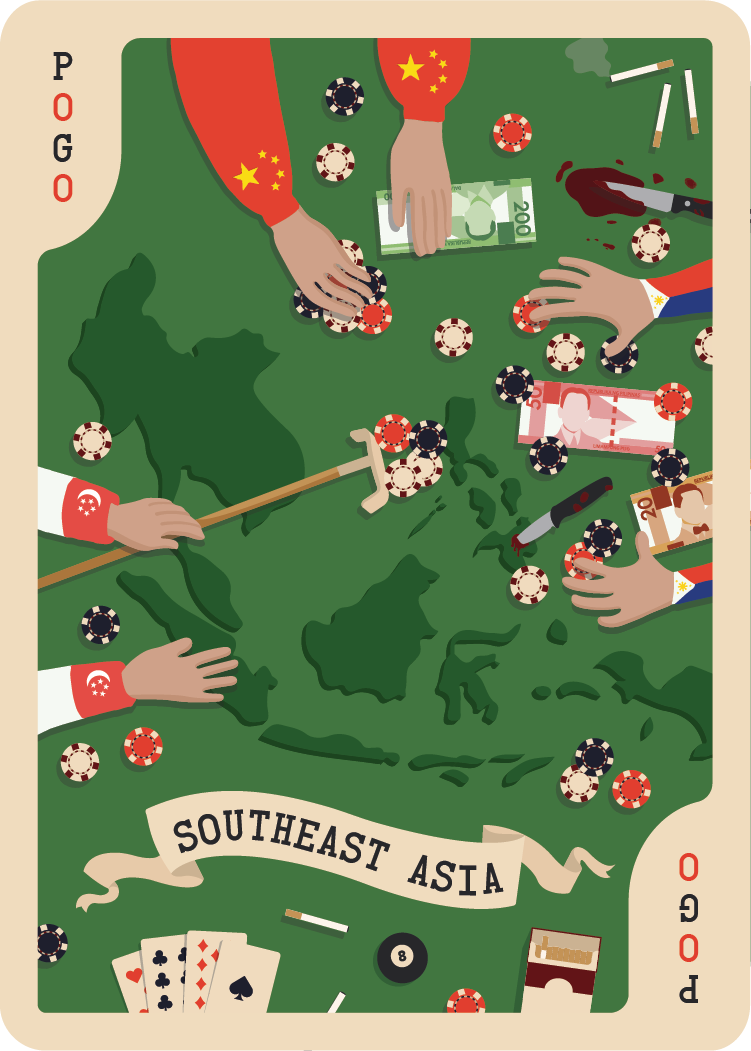IN A time of economic instability and tenuous foreign relations, Philippine Offshore Gaming Operators (POGOs) remain a controversial subject in the country. The growing industry has drawn government and media attention for its links to criminal activity and, on the other end, the billions it continues to rake in for the national economy. Thus, the paradox of the POGO industry as both an economic asset and a political liability has led to divisions on what the nation must do when faced with the choice to take it all away.
Pressures on the government to ban POGOs are deterred by the benefits they present for the Philippine economy. The tax collections from the industry in 2021 were estimated at Php 7.38 billion. Along with this, the firms currently supply 23,000 Filipinos with jobs, as well as thousands of other migrant Chinese workers who comprise a significant fraction of POGO workers. These migrants subsequently grew the Philippine workforce and caused a rise in condominium rentals in the country, while also accounting for 30% of Metro Manila office demand between 2018 and 2019. With the thriving real estate market and POGOs’ other contributions to the economy, the industry accounted for Php 53.1 billion or 0.31% of the Philippines’ GDP in 2022.
However, Asia-Pacific Pathways to Progress Research Fellow Aaron Rabena, PhD revealed that despite the advantages POGOs provide to the economy, the industry comes with risks, such as an increased economic overdependence on POGO activity. He relays that this puts our economy at stake if the industry were to fall, especially given its disreputable nature.
The crimes committed by illegal operators, such as kidnap for ransom and trafficking-in persons, have also hurt the way Filipinos view China. Rabena forwarded that this may be because Filipinos are unable to tell the difference between the Chinese private sector that operates the POGOs and the Chinese government. If examined closely, the continued housing of the POGO industry has also hurt Philippine-China relations. According to Rabena, the Chinese government does not agree with the Philippines’ continued accommodation of POGOs as it is illegal in the mainland. “This is a national security issue for China because it creates social instability at home,” Rabena stated. As such, China has appealed to the government to ban the industry, similar to the crackdown on online gambling and overseas casinos done in Cambodia and Vietnam. China has also since blacklisted the Philippines as a tourist destination by imposing tighter travel restrictions. This move has caused a significant drop in the number of tourists coming in from China.
In totality, Rabena proposed that the government should look for other sources of investment to avoid being held hostage by the industry or being associated with illegal practices altogether. Alternatively, the country can also choose to impose stronger regulatory measures, or—in the worst case—ban the industry altogether. Regardless of the path to be taken, however, Rabena emphasized that the policy decisions on what should be done about POGOs should still be driven by data as it can affect both the relations with China and the national economy.




